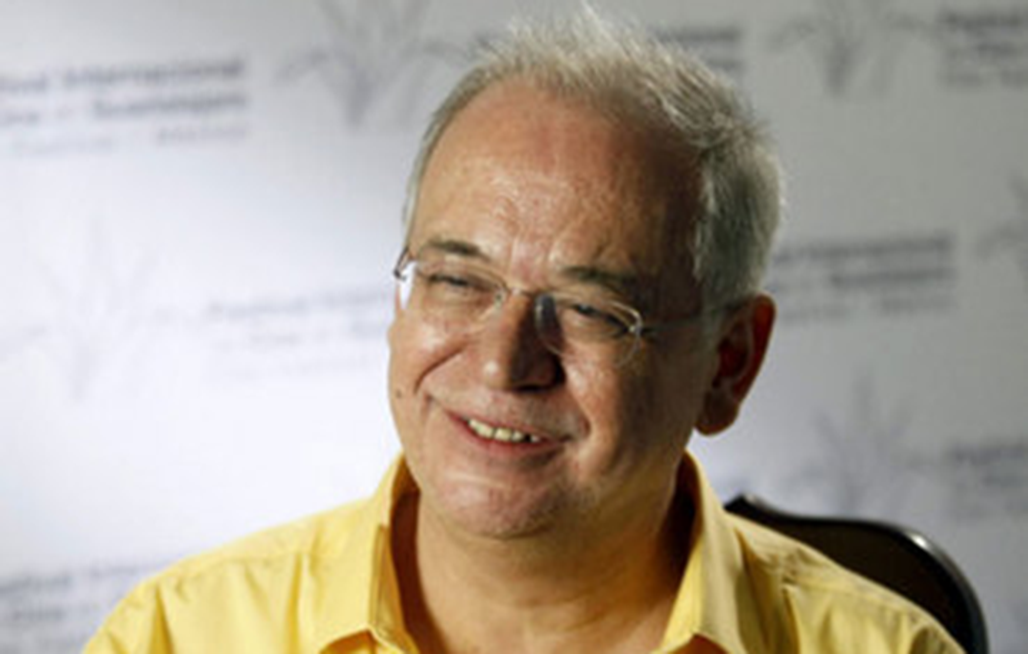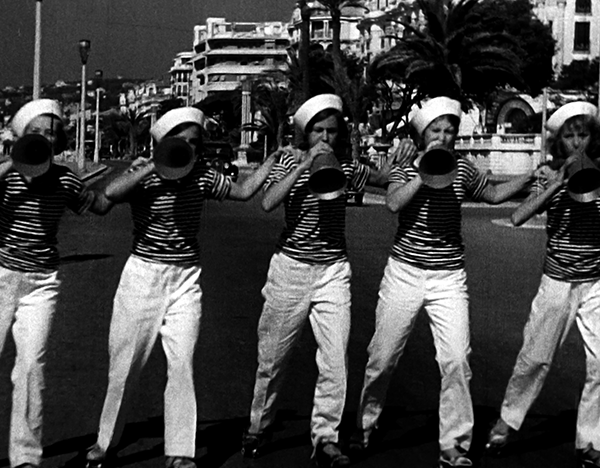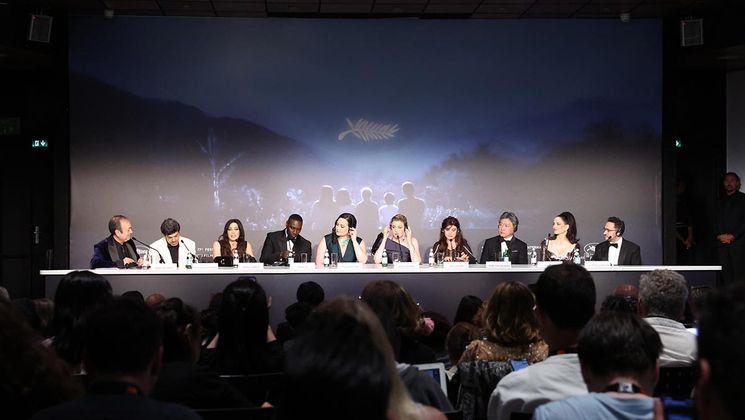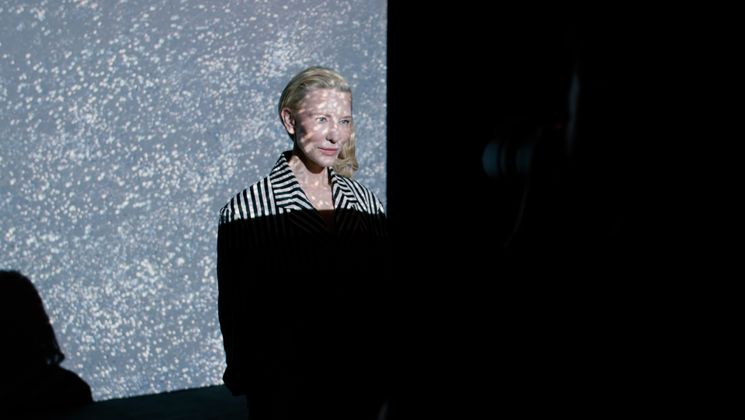
CANNES CLASSICS – Diego Galán talks about women in Spanish film

Diego Galán loves Spanish film. At the age of 66, he has tackled a multi-faceted study of the cinema of his country through a number of writings and documentaries. His latest to date, Con la Pata Quebrada (Barefoot in the Kitchen), retraces the role of women in film from the 1930s to the present day. Interview.
Photo from the film © RR
Why did you put women at the centre of your new documentary?
Women have changed the way that men, governments, the Church think about things. Cinema, whether it is from Spain or anywhere else, reflects reality, even unconsciously. A film always corresponds to its own era, especially if it is a bad film.
Your title in Spanish translates literally as “With a broken leg”, but the English title uses an idiom: Barefoot in the kitchen. Why this reference to a broken leg?
Difficult to explain… Young people don’t know this expression, it’s an old Spanish proverb. You see, there is a lot of male chauvinism in Spain. They say that a well behaved married woman should stay at home, as if she can’t walk: at home with a broken leg.
Today, what position do women occupy in Spanish cinema? Very few women directors are known abroad.
In Spain, women directors got involved quite late, in spite of a few who were already making silent films in the 1930s. Nowadays there are at least twenty women directors, including some very interesting ones, but things are more difficult for them.
Who for example?
In my opinion, Iciar Bollaín. She was an actress. She has made a number of films about women, including one called Te doy mis ojos (Take My Eyes), which is about the violence of men. There is also Pilar Miró, who has made very good films like El crimen de Cuenca (The Crime of Cuenca), a classic.
Actresses like Penélope Cruz get more recognition, on the other hand.
Yes, because she works in the United States. And especially because she works with Pedro Almódovar. Almodóvar is the passport to fame for an actor, for Pénelope Cruz, for Javier Bardem…
And in fact, Pedro Almodóvar is very interested in women in his films.
He adores women but it is really another way of being a misogynist. He talks especially about the women in his village, about his upbringing… And, as a protagonist of La Movida Madrileña (The Madrilenian scene), a period when women played an important role in society, he talked about their liberation, how they practice free love, how they became independent, their rebellion and their revolution.
What woman in Spanish film has really left a mark on you?
An actress who is not well known, an older actress named Julia Gutiérrez Caba. It’s not a very artistic name… She has always moved me. She was a very good actress but she didn’t play in many films. Even in Spain she was not well known. But I will name some more famous ones: Carmen Maura, Penélope Cruz are also very good actresses.
Interview done by Tarik Khaldi
SCREENING
Tuesday 21 May / Salle Buñuel / 7:45 pm
>> Go to the interactive calendar



